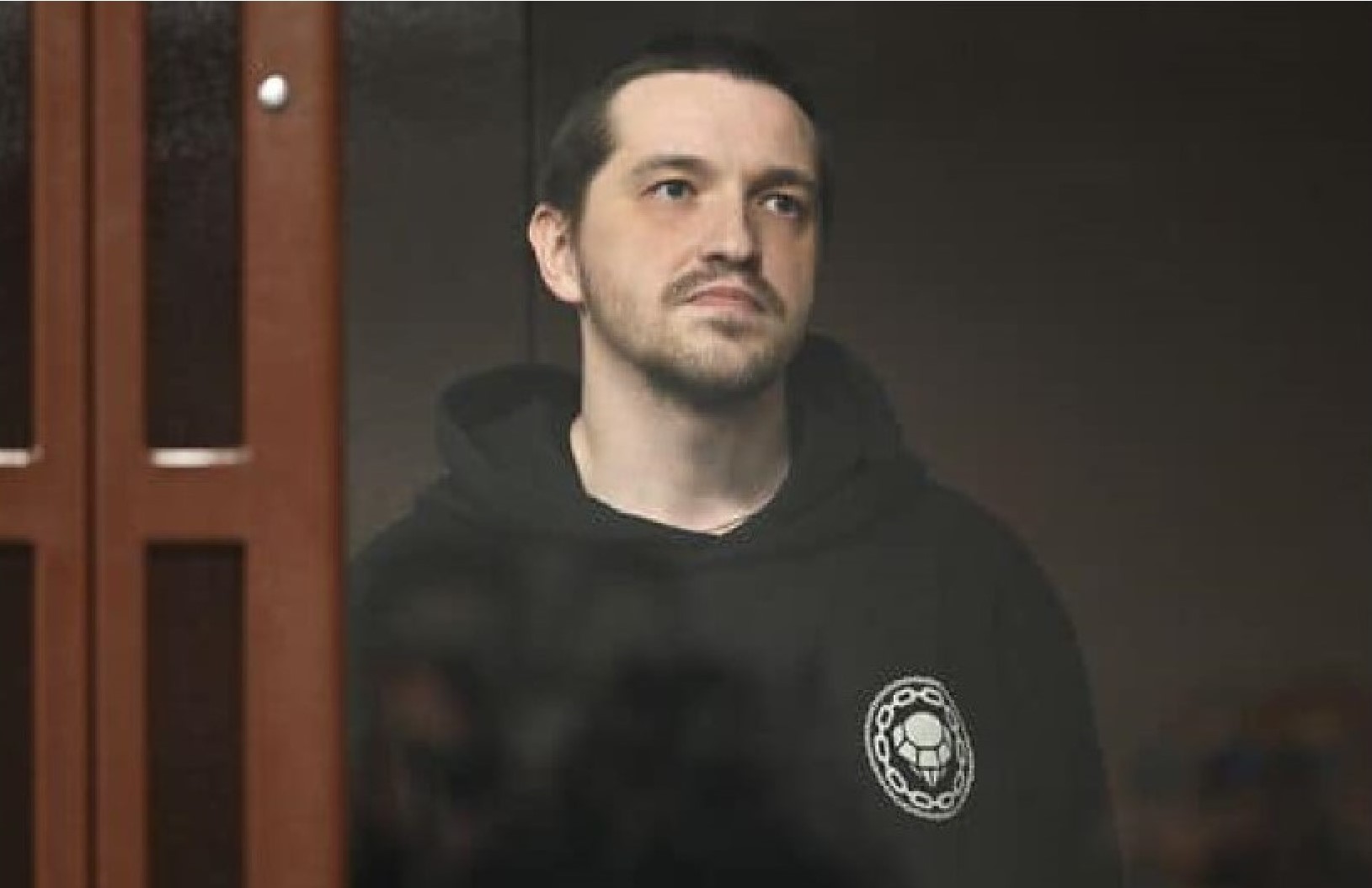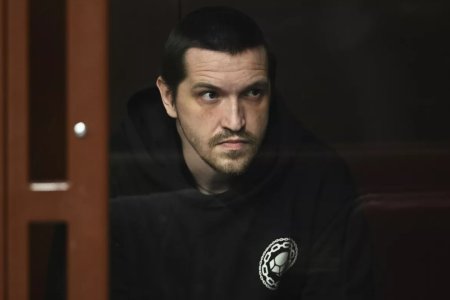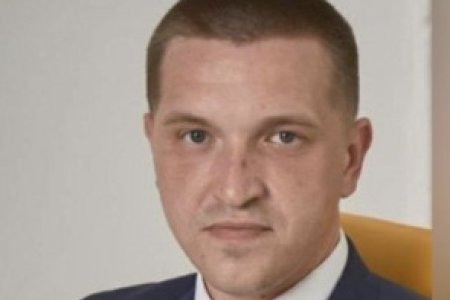
Pavlo Zaporozhets, a 33-year-old war veteran, was in his native Kherson when Russia began its full-scale invasion of Ukraine on 24 February 2022. With his country in danger, he enlisted in Ukraine’s Military Intelligence [HUR] and was carrying out military orders when seized by the Russian invaders in May 2022. Zaporozhets and his lawyer, Alexei Ladin, have consistently pointed out that he was a prisoner of war, carrying out his duties, and must not, under international law, be prosecuted for doing so. Instead of acknowledging this, Russia concocted charges under a relatively new article of Russia’s criminal code. The aggressor state, which invaded and seized Zaporozhets’ native city, has claimed that the Ukrainian committed ‘an act of international terrorism’ by seeking to defend his country.
Russia’s Southern District Military Court in Rostov has been churning out politically motivated convictions of Ukrainian citizens since Russia’s invasion of Crimea in February 2014. Both the presiding judge, Maksym Mikhailovich Nikitin and prosecutors Igor Vladimirovich Nadolinsky and Vladislav Viacheslav Kuznetsov have played a role in securing long sentences against other political prisoners, and their role here was hardly a surprise. The ‘trial’ had been continuing since February 2023, with the prosecution on 29 November claiming that Zaporozhets’ ‘guilt’ had been proven and demanding a 13-year sentence in a harsh regime prison colony. Crimean Process, which reported on the heading noted that the court had scheduled the reading out of the verdict for the following day. Such a brief gap probably suggested that the verdict had, essentially, already been handed down. This, it should be said, is almost certainly true of the vast majority of Russia’s political trials of Crimean Tatar and other Ukrainian political prisoners.
On 30 November, the court found Zaporozhets guilty of a purported ‘act of international terrorism’ under Articles 361 § 1 and 30 § 3 of Russia’s criminal code. It sentenced him to 12 years in a harsh-regime prison colony, with the first three years to be spent in a prison, the worst of all Russian penal institutions.
The court thus ignored the evidence, confirmed by HUR, that Pavlo Zaporozehets was working as a member of the Ukrainian Armed Forces and carrying out a task for HUR when he was seized by the Russians on 9 May 2022. Zaporozhets does not deny that he was seeking to attack a Russian military night patrol in illegally occupied Kherson, but the claim that this constituted ‘international terrorism’ is simply absurd. During a previous hearing, Zaporozhets categorically denied the assertion made in the indictment that his actions had been directed against “Ukrainian and Russian civilians”. On the contrary, the act had been deliberately planned for late at night when there was a curfew in place in occupied Kherson in order to ensure that there were no civilian victims. The defence has also pointed out that all of this took place in Kherson, a Ukrainian city which Russia had invaded, in which there were unlikely to be Russian civilians.
The Russian military who seized Zaporozhets took him to the police holding unit in Kherson where he was held for the following three months. During that time, he was subjected to constant beatings and torture, including with the use of electric currents. Such torture was used to force him into signing the documents put in front of him and to hold grenades in his hand, in order to use the resulting fingerprints and DNA on the grenades to fake ‘material evidence’.
Three months after his capture, Zaporozhets was taken to occupied Crimea, where the torture continued.
In an earlier hearing, Zaporozhets stated: “A crime was indeed committed in Kherson, but not by me, a citizen of Ukraine who was defending his country, but by the Russian soldiers who abducted and tortured me and then took me to the Autonomous Republic of Crimea”.
This is a crime in which Russian prosecutors and ‘judges’ from the Southern District Military Court have now proven implicated.



